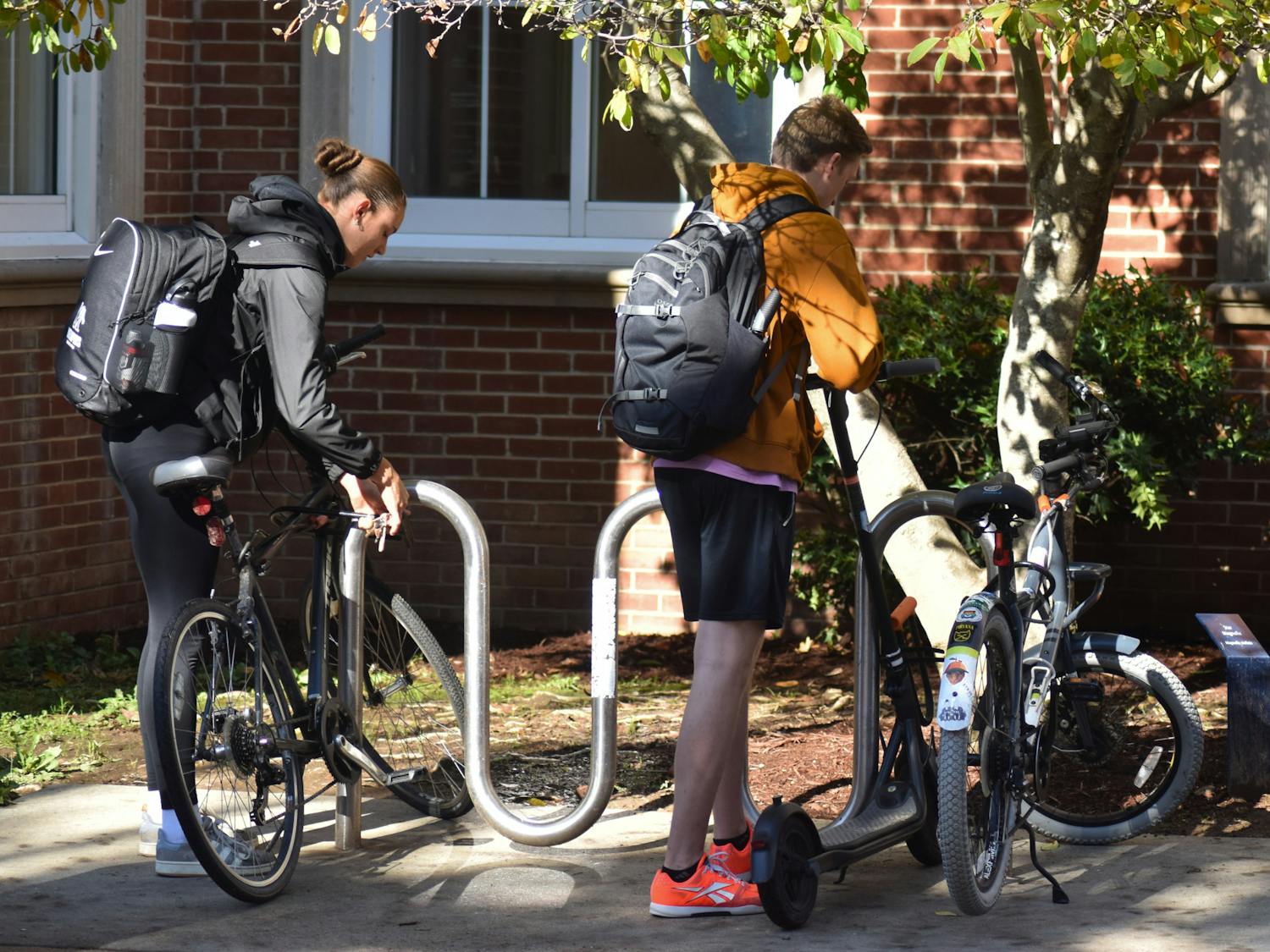In August 2015, the University of Memphis assembled the Community Engagement Task Force to devise a nearly 2.1 million dollar plan geared towards strengthening its relationship with the surrounding community.
Each of the task force’s ten members represent local foundations, non-profits, and faculty with a range of expertise in health, education, youth, poverty, and community and economic development.
From August to November 2015, the group held six in-person meetings, participated in online discussions and shared documents between meetings.
The task force’s agenda included a careful review of four nationally recognized models of university-community engagement for best practices and small group discussions focused on ideas, structures and practices the U of M needs to put in place to institutionalize community engagement.
“The idea was for faculty and community and foundations to come together to talk about engaged scholarship, how students’ educational experiences can go beyond what they can learn in the classroom and how Memphis can be a better, stronger community,” task force member and vice president of BRIDGES Dana Wilson said. “Coursework that’s relevant to your community is more inspiring.”
The task force’s meetings resulted in nine recommendations, according to the Community Engagement Task Force Final Report.
Some of the recommendations included establishing an office of Community Outreach and Engaged Scholarship, adopting a common definition of Community Engagement, cultivating mutually beneficial partnerships between the University and various sectors of the community in key issue areas and enhancing and increasing resources for faculty, students and community partners to build their capacity and expertise in community engagement and engaged scholarship, according to the report.
“The work of this task force and their report make several things clear,” University of Memphis president M. David Rudd said. “Our campus is already engaged at multiple points of intersection with the Memphis community, and most importantly, development of a careful and coordinated strategy will not only make our efforts more efficient, but both deepen and broaden our impact in Memphis.”
One significant detail about this plan is how much it could all cost.
The final report included a three-year budget in which it proposed spending nearly 700,000 dollars each year.
The budget allocates funds to items like staffing, student internships, travel awards and research grants.
However, the members of the task force believe the U of M has the underlying assets and partnerships that make this the perfect time to act, and taking these strong, new steps today will maximize the potential of community engaged activities to impact students, faculty, and the broader community, according to the report.
The impact the plan leaves on the university and the surrounding community will depend entirely upon what the U of M does with the recommendations, said task force member and executive director of Assisi Foundation Jan Young.
Putting the recommendations made by the task force into action could mean setting the U of M apart from other local and peer colleges and universities and putting it in a position to be truly recognized as a national leader in community engagement and engaged scholarship, according to the report.





